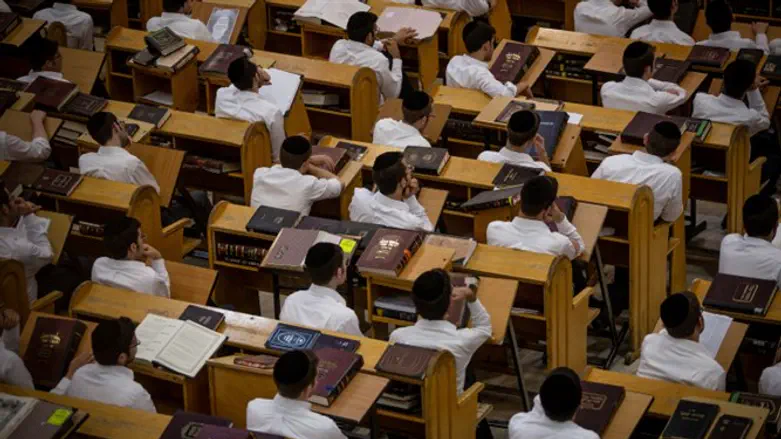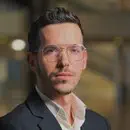
Following a three-hour meeting of the National Security Council (NSC) with representatives of the national-religious yeshivas, the Education Ministry, and the Health Ministry, a plan to reopen yeshivas was drafted, and will be brought on Tuesday for the approval of Israeli Prime Minister Binyamin Netanyahu.
According to the agreement, the NSC will tour every educational institution to ensure its preparedness for a new "coronavirus routine," and then decide whether the institution meets the Health Ministry's strict demands.
The plan allows for yeshiva students to return to their studies using the "capsule" method, in which they will not come in contact with the outside world while they are in yeshiva.
The implementation of the plan will run in parallel with the gradual easing of restrictions in the rest of the education system.
Under the plan, yeshiva campuses will be divided into completely separate zones, for each "capsule" of students, so that the various groups do not come in contact with each other at all.
In the first stage, studies will be allowed only in selected institutions, those which have a closed campus allowing students to remain at the yeshiva without leaving its walls. This stage is expected to last approximately three weeks.
The new routine will be supervised by a staff comprised of professionals from the government and various ministries, as well as the Organization of Post-High School Yeshivas. Inspectors will make occasional visits to the yeshivas to check for compliance with the regulations.
Moshe Gutman, who heads the Organization, told Arutz Sheva: "This is not a simple challenge. First of all, this concerns people's lives and wellbeing. Second of all, this is a complex organizational challenge, which will require institutions to flex every administrative muscle in order to succeed. We're prepared for this. We've done a lot of preparatory work, in coordination with every relevant government office and authority."
"The students will also be required to put in effort in order to come and learn Torah. It's not a simple thing to tell people not to leave their school at all, and to change their habits. But we know our community, and the demand will be a lot greater than what we are able to provide for. Already now, we are overwhelmed with requests from the institutions to be first in line. Thank G-d, this is a great display of love for Torah."
The dean of one yeshiva told Arutz Sheva: "In our institution, we will mark the different groups using different colors. Students will wear a bracelet with the color of their group. Anyone who does not commit to obeying all the guidelines will simply not be approved [to return]. Since there isn't enough space for everyone right now, from our perspective there will be a select group chosen, with entrance criteria."

